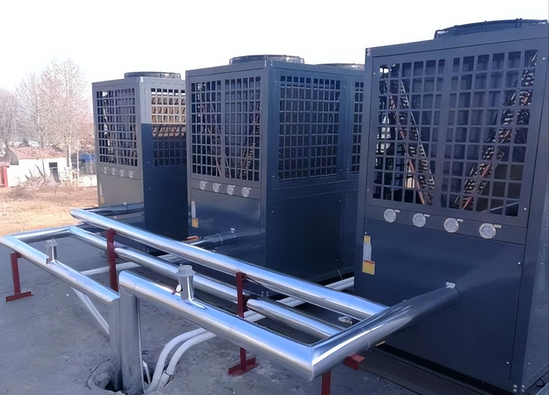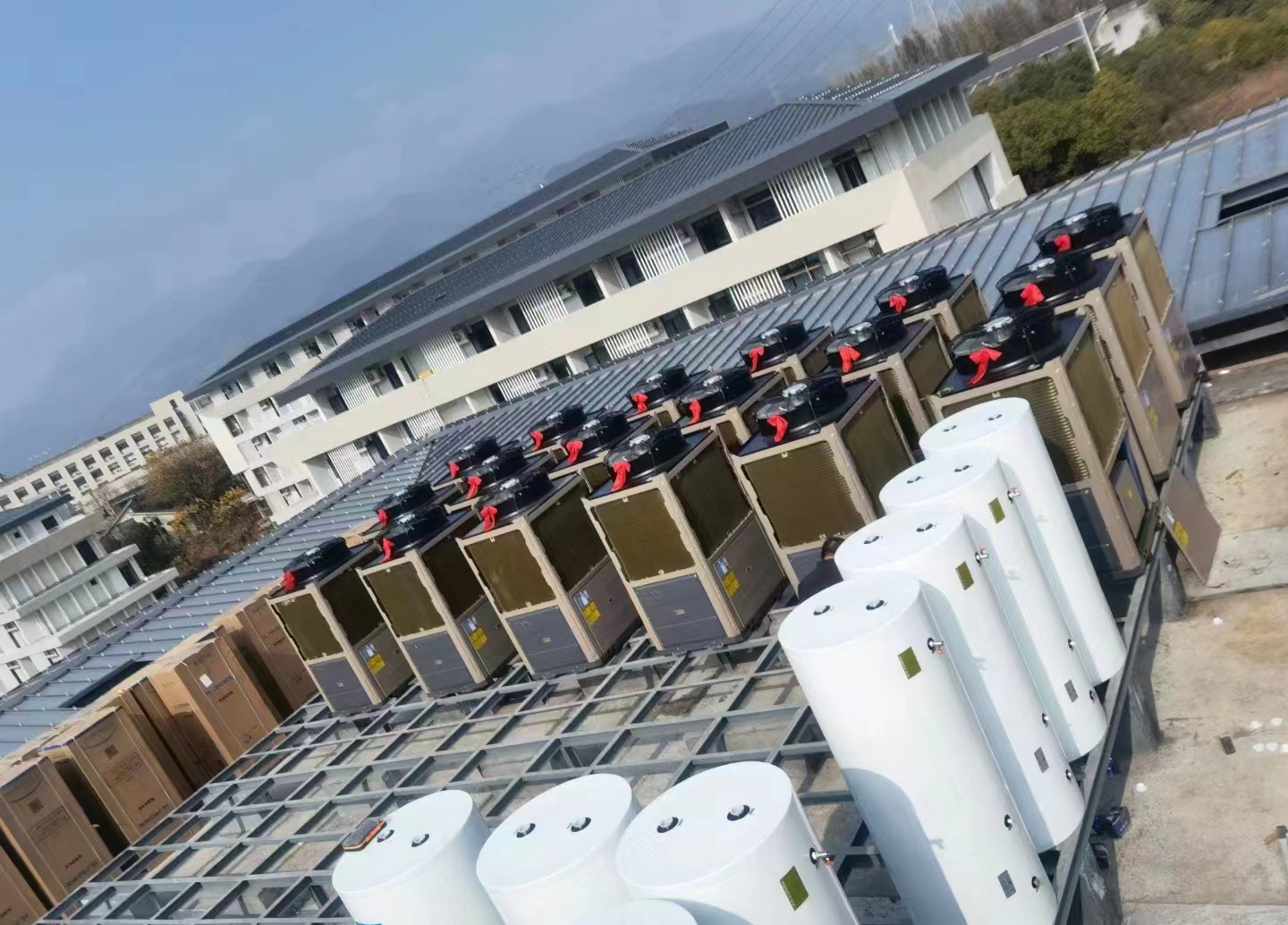In addition to Germany, other European countries are also promoting air to water heat pumps. Appendix 3 summarizes the relevant policies and regulations of some European and American countries that support clean heating technologies such as heat pumps, mainly including subsidies or tax reductions, low interest loans, energy efficiency regulations, technology bans, taxes or carbon pricing measures to guide clean and low-carbon heating investment. Although different countries have adopted different measures to stimulate the use of heat pumps, the following policy elements are common measures to promote the development of heat pumps in European and American countries:
(1) Policy mix. Most European and American countries have adopted combined policies to jointly promote heat pumps and other sustainable low-carbon heating technologies.
(2) Fiscal and tax policies. Most European and American countries stimulate the heat pump market through subsidies, tax reductions or preferential loans for the purchase and installation of heat pumps. Many European countries provide about 30-40% of the cost subsidy for the use of heat pumps, reducing the initial investment cost, and achieving significant results in promoting the use of heat pumps. At the same time, the practice of reducing heating electricity price reduces the operating cost of heat pump system, and also realizes the effect of promoting the use of air heat pumps.
(3) Improve energy efficiency standards. Improving the energy efficiency standards in the heating technology and construction field and specifying the exit time of high energy consumption heating technology can increase the competitiveness of heat pump technology and promote the wider use of heat pumps.
(4) Introduce carbon price mechanism. The adoption of carbon price mechanism will increase the use cost of fossil fuels, promote the clean transformation of energy structure in the long run, and promote the rapid development of heat pumps in the field of heating.
(5) Reduce the running cost of heat pumps. Reduce the price of heat pump electricity through power demand side management and flexible electricity market mechanism, reduce the operating cost of heat pumps, and encourage the use of heat pumps.
(6) Formulate targeted policies for different areas using heat pumps. In residential and commercial buildings, central heating and industrial fields, targeted heat pump promotion policies are formulated to promote the development of heat pumps in various fields.
(7) Publicity and promotion. Help air source heat pump manufacturers and contractors to optimize the publicity and installation process of heat pump products through publicity, education and promotion, so as to enhance residents’ awareness and confidence in heat pump products.
Post time: Dec-15-2022



